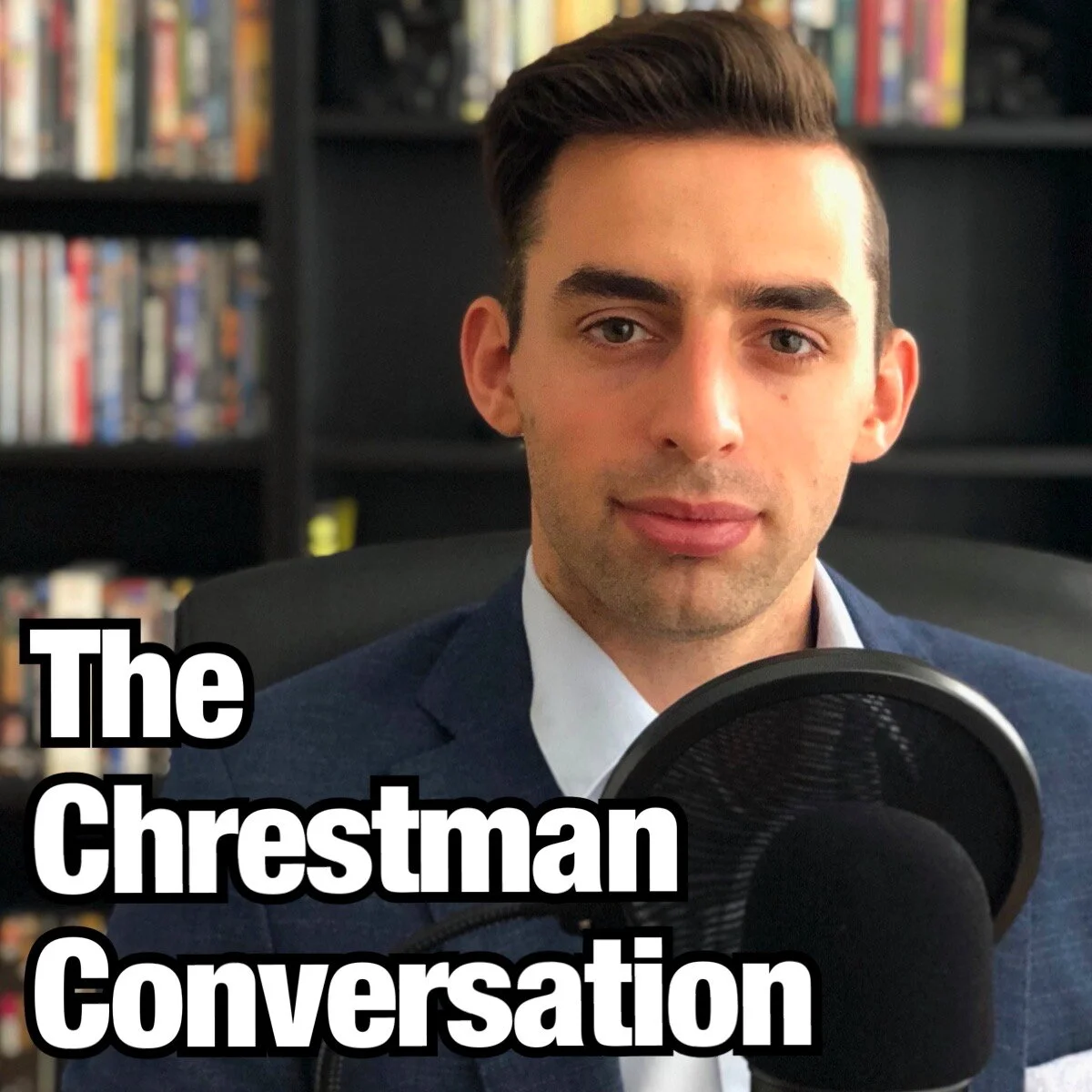The Day After the Election
Tomorrow the nation will finish voting for the President of the United States. People from all over the country have been lining up to cast their ballots for either Joe Biden or Donald Trump to fill the highest office in the land. Shortly after November 3rd, a winner will be declared and either the Democrat or the Republican will raise their hand in victory. The pressing question is what happens after the results are announced? What happens to the rest of the country on election night and the days that follow? Where does all the built-up tension go? Can it possibly dissipate without violence or unrest?
The polarization during this election cycle has grown to a frightening level. It is felt in the city when people march through the streets in the name of social justice. It can be seen online, where it is commonplace for people to cast dispersions at those that disagree with them. Where people impugn the character and the motives of others, without knowing anything about the person on the other side of the screen, except that they hold a differing opinion. It can be heard in the rhetoric of the people elected to lead us. People who do little to advance the common good of the country, and instead focus solely on the ways in which we are divided. The demagogues who, rather than engage their opponents on the issues, shout “racist” or “socialist,” often without any rationale other than to incite hatred against their opposition.
The Democratic party is not the same thing as Antifa. Democrats believe that the government has a responsibility to expand the social safety net and make sure that those at the bottom never slip through the cracks and are forgotten. They are not anarchists set out to overthrow the government, or communists bent on raising a new Soviet Union on the ashes of what once was America. Likewise, the 62 million Americans that voted for Donald Trump in 2016 are not white supremacists. They do not hate women or homosexuals. Most Republicans detest racism and misogyny as strongly as their Democratic counterparts. Republicans want to lower taxes and make a smaller government that is less intrusive in the lives of citizens, and therefore allows for more personal freedom. They do not want to live in a white ethno-state or relegate women to the role of second class citizens. The perceived difference in values comes more from misunderstanding than anything else. Most Democrats and Republicans want the same thing, at least on the surface. A good life for their families and neighbors, a strong economy, and safety for everyone. The only disagreement between the parties is how to bring America to that place.
So how do we reconcile these differences? Criticizing a person or a belief one disagrees with is fundamental to public discourse. In order to talk about anything important one has to risk upsetting some amount of people, but criticizing an idea and denigrating a person are not the same thing. Too often any healthy attempt at debate falls into a kindergarten exchange the equivalent of I-know-you-are-but-what-am-I. This is what has to change. Ad hominem attacks do nothing to further an idea, they serve only to further fracture relationships between people.
Tough and honest conversation is the only way forward, but contentious does not have to be synonymous with nasty. There is a way to do this, but only if it becomes a faux pas to make blanket statements that belittle people from the other side of the aisle. Only if the practice of “othering” can come to be viewed as an antiquated relic not fit for modernity. This does not require perfection from every member of society. The simmering temperature can be lowered with only a minimal effort from those engaging in conversation. Humor, sarcasm, and sardonic comments do not need to be disregarded entirely, but meanness for the sake of cruelty does. Every person is capable of making this small concession.
On November 4th none of these issues will be solved, regardless of who has won the presidency. Neither Joe Biden nor Donald Trump can change the way in which the American people interact with each other. That change can only start with each individual making a choice to try and be more civil. It is easy to think of your political opponents as enemies. Humans are tribal by nature, but the overwhelming majority of Americans do not live their lives on the radical fringes, they reside safely in the middle. Americans on both sides would do well to remember that, because the day after the election is over everyone still has to live together.


